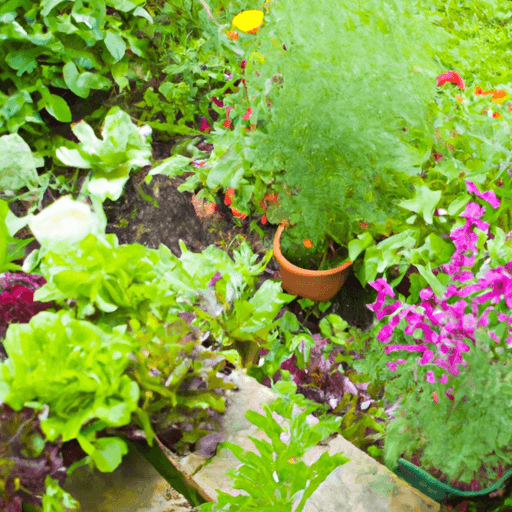An Introduction to Sustainable Gardening
Sustainable gardening is a method that encourages gardeners to create a natural and sustainable environment within their garden. This article will guide you through the process of initiating and maintaining a garden in a way that's beneficial to the environment. The goal is to provide useful, actionable tips to gardeners of all skill levels.
Why Choose Sustainable Gardening?
The importance of sustainable gardening cannot be understated. It not only reduces your ecological footprint, but it also improves soil fertility, plant health, and boosts local biodiversity. In addition, sustainable gardening saves money in the long term by reducing the need for fertilizers, pesticides, and water usage.
Sustainable Gardening Techniques
Eco-Friendly Tools and Plants
Start by selecting eco-friendly tools. Consider garden tools made from recycled or sustainable materials. Additionally, it's essential to select plants that are adapted to your local climate, reducing the need for extra water and care. Native plants can also encourage local wildlife to visit your garden.
Water-Saving Strategies
Water is an essential resource in the garden, and its conservation is crucial for sustainable gardening. Collecting rainwater in barrels, choosing drought-resistant plants, and watering at optimal times (early morning or late evening) can contribute to water conservation.
Composting Methods
Transform your garden waste and kitchen scraps into rich compost. Composting at home reduces the quantity of waste going to landfill and provides a nutrient-rich natural fertilizer for your garden. It can be done in bins, piles, or tumblers.
Natural Pest Control
Many common garden pests can be controlled using natural methods. Encourage beneficial insects, set up physical barriers, and use homemade insecticides to keep pests in check, without resorting to harmful chemicals.
Step-by-step Guide to Creating a Sustainable Garden
- Plan Your Garden: Choose plants suited to your climate and soil conditions.
- Set Up Rainwater Collection: Install rain barrels to conserve water.
- Prepare Your Compost: Start composting kitchen scraps and garden waste.
- Choose Your Tools: Select eco-friendly tools made from sustainable materials.
- Natural Pest Control: Encourage beneficial insects and use harmless deterrents.
- Maintenance: Regularly prune your plants and recycle the waste back into your compost. Continue to monitor and naturally manage any pests.
Using these methods, anyone can create a sustainable garden that not only looks great, but also contributes to a healthier planet.
Conclusion
Every garden, regardless of its size, has the potential to make a positive impact on the environment. Sustainable gardening is a rewarding practice that harmonizes the natural ecosystem while providing us with a space for growth, creativity, and tranquility. With these tips, you can take the first steps towards a more eco-friendly garden today.


















Comments
Leave a Comment